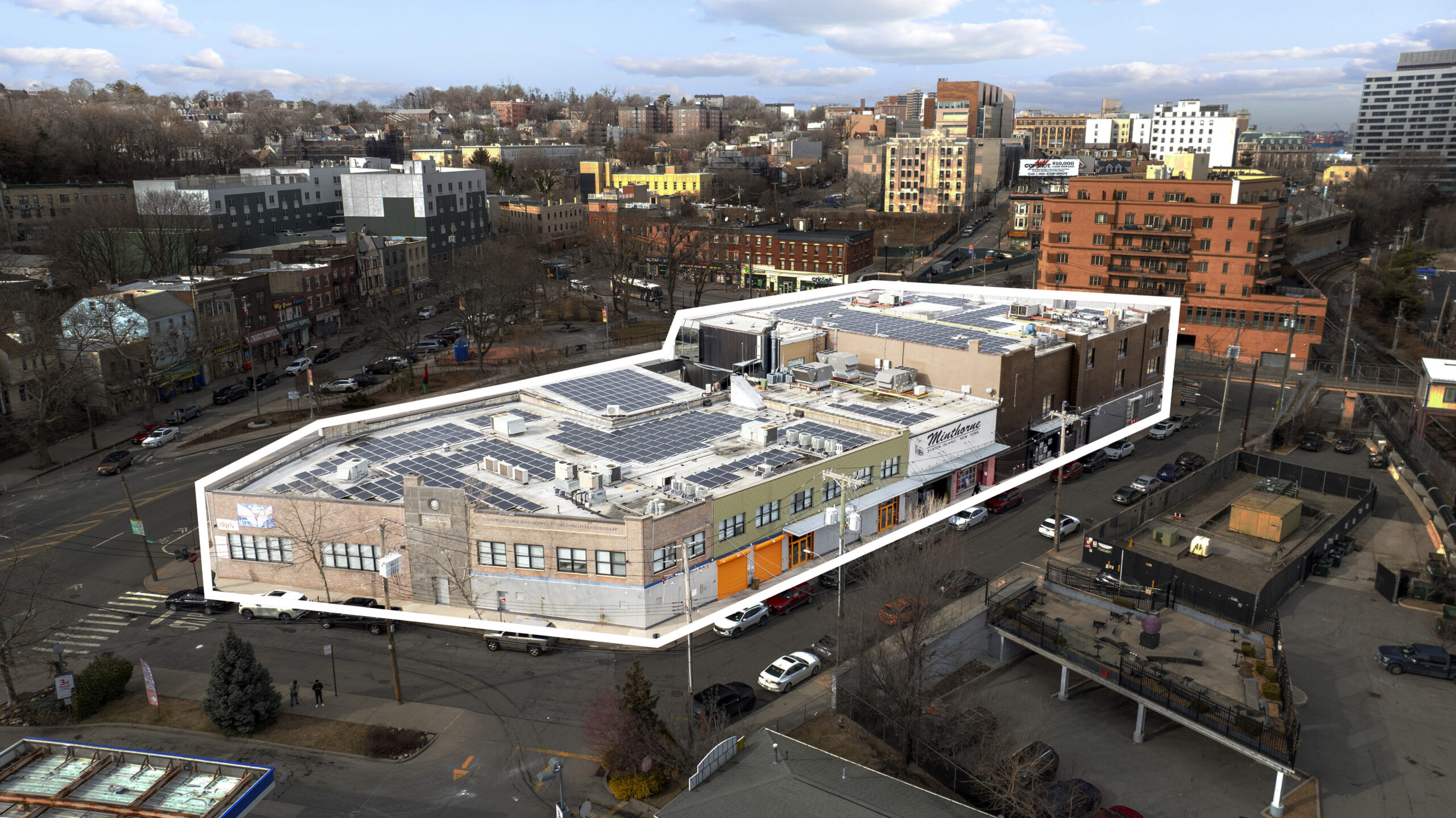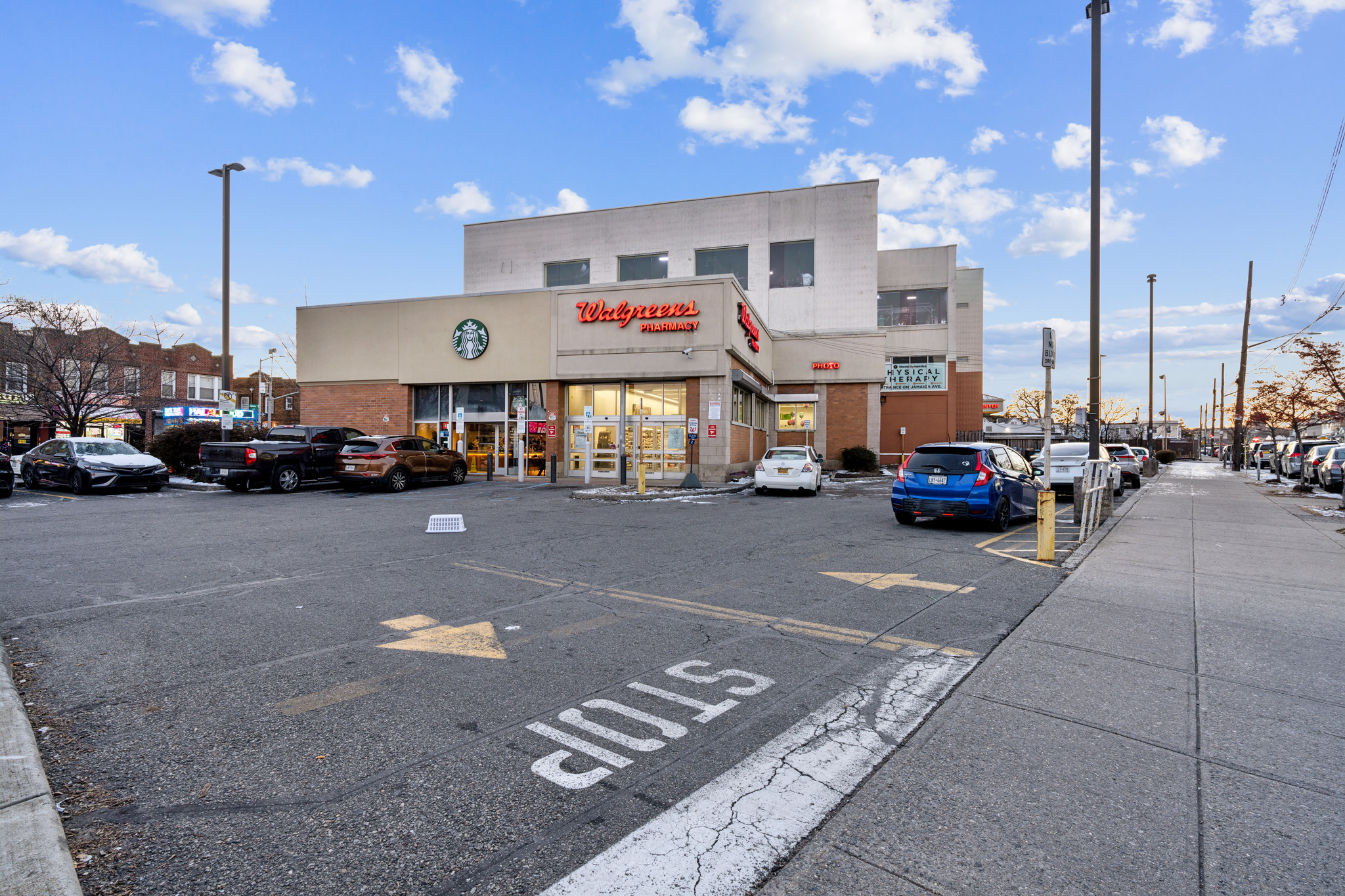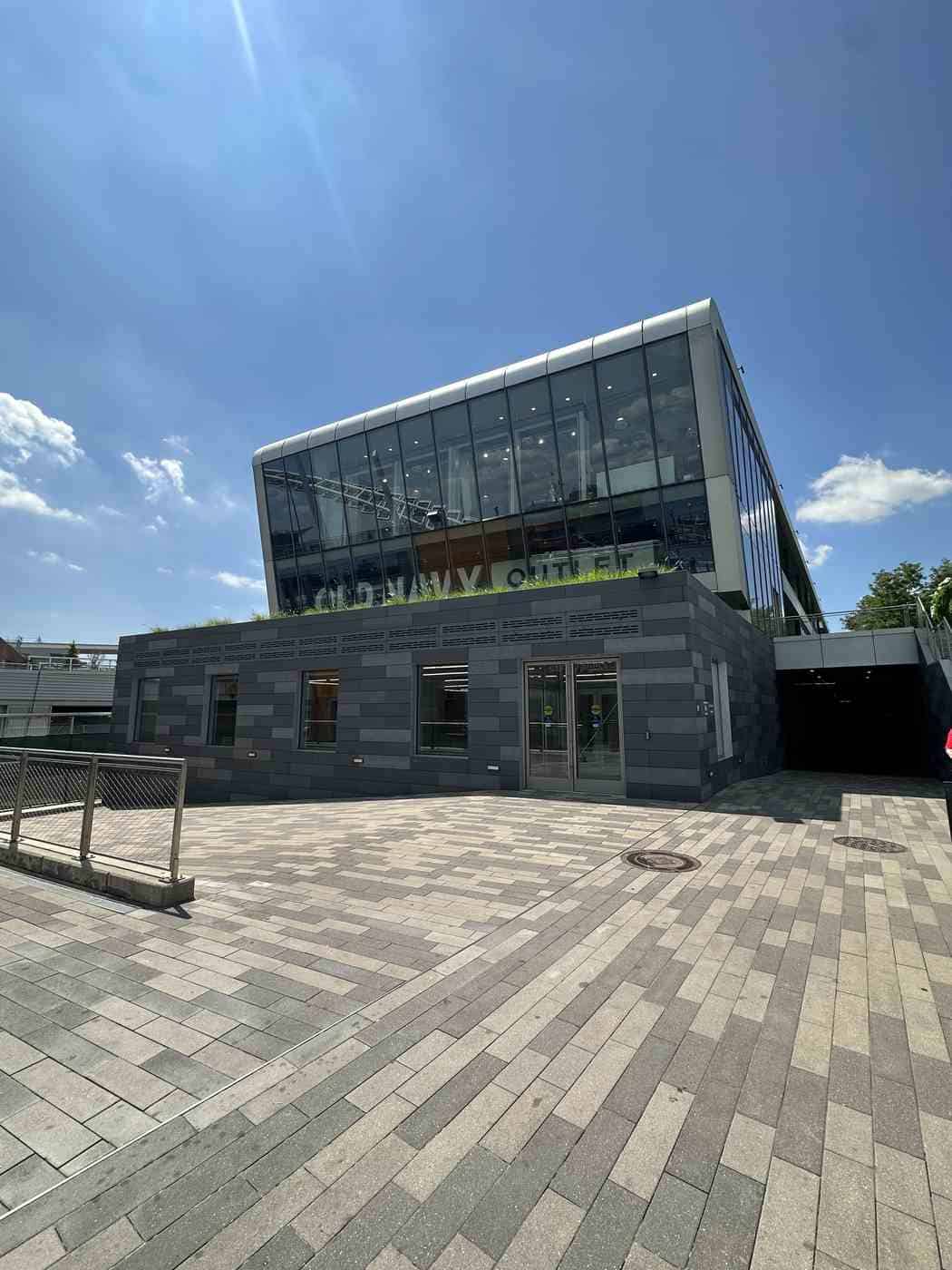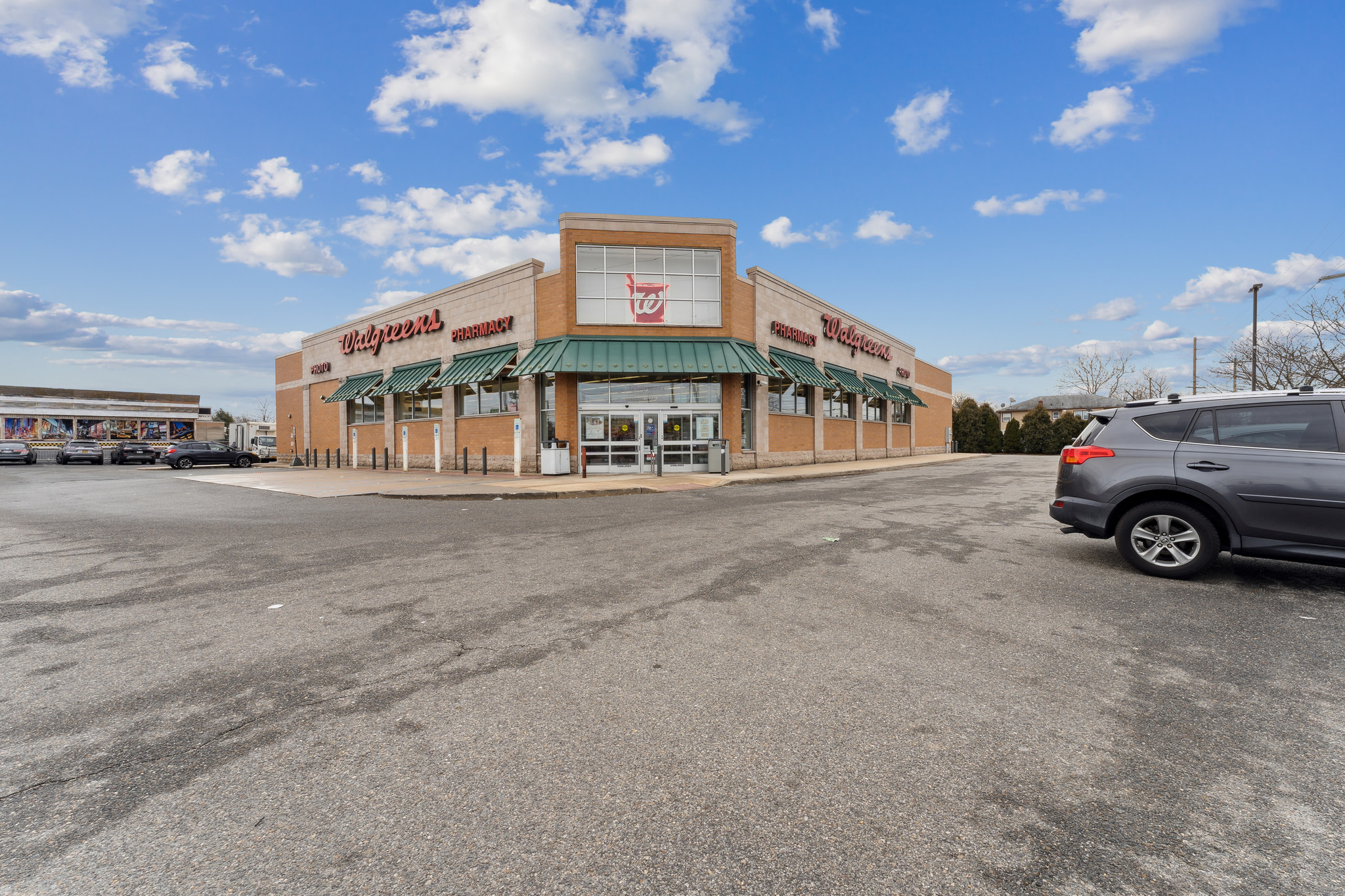Temporary Power for Your Site
Most construction activity requires electric power to run the equipment. Most of the time, this is long before grid power in the quantity needed is available. Construction power drops to worksites are possible, but do require advance planning.
Temporary construction power provided by a generator is a safe and reliable alternative.
While your typical large equipment like earthmovers are self-powered, air compressors, lifts, saws, welders, and hand tools need power. In addition, some worksites need temporary lighting, heat, or cooling to speed construction. This power draw is often much larger than the planned permanent service for the site.
Determine Power Needs
A full, on-site power survey will help you find the right generator size. Often there is an office, with computers, heating, cooling, etc. Then count all the lighting, security monitoring, and the power draw of each piece of equipment in simultaneous use to get a peak wattage.
An air compressor might draw 1500kW at its peak, while a plasma welder might draw 10,000kW at its peak. Note that the rating on a piece of equipment is the average. An office laser printer rated at 250kW may reach nearly 500kW at peak draw and less than 1kW at rest.
Your construction generator needs to meet peak surges. Select your generator size accordingly.
Propane Generators, Diesel Generators, and Other Fuel Types
Generators for construction purposes generally use propane or diesel. Gasoline is also a choice but is limited to the very smallest units due to the hazards associated with operation. Gasoline generators produce 150W or less and fuel may not be stored on the construction site.
More suitable are propane generators, which meet OSHA regulations for safety and noise hazards. Advantages include:
- Quiet operation
- Easy to get fuel
- Easy starting in cold weather
- Ideal for remote sites
- Fuel does not degrade in storage
Propane is at a disadvantage due to the cost of the large tanks. Propane is very dangerous if not handled properly.
Diesel fueled generators are the heaviest and largest generators available. They are suitable for the highest kW electrical draws on construction sites. Diesel fuel is not as flammable as other fuel types, easy to obtain, and inexpensive.
Diesel generator disadvantages include:
- Dirty exhaust
- Short fuel shelf life
- Unsuitable for cold temperatures
- Noisy
- Fuel degrades after 18-24 months in storage
Environmental regulations, OSHA and local rules will help you determine the best power generation for your site.
Fuel Costs
Propane is more expensive than diesel. The power generated by diesel is less expensive than power generated with a propane-fueled generator. Unfortunately, diesel exhaust contains quite a bit of soot and ash, so there is an environmental cost as well.
Propane generators tend to be more expensive to purchase than diesel generators. They also tend to be smaller and more portable.
Central Generator or Distributed Power Hubs?
Some worksites find it practical to use one large generation point. In general, the largest generators are diesel-fueled. They output a range of 200 kW to 2500 kW. A disadvantage is running lines to each construction point.
Diesel generators require sufficient space, ventilation, and fuel storage for use. They often need considerable starting power to run the pumps and start the engine. These units can be truck-mounted or built-in with a solid concrete base.
Smaller construction sites or sites divided into smaller units can benefit from distributed power hubs. Small to medium size generators on temporary bases with wheels can be placed near to their intended use. They produce power in the 5kW to 200kW range.
This is sufficient for items like circular saws, mixers, vibrating plates, temporary lifts, or compressors. Distributed power generation means fewer interruptions of a job site due to the failure of a single power source.
Important Criteria for Construction Generators
Construction generators need to meet complex regulatory requirements to protect workers, the environment, and the public. In addition to OSHA, look at EPA regulations, state and local water, health, and noise restrictions.
Good construction generators:
- Engineered for the environmental conditions
- Meet noise and exhaust regulations
- Provide three-phase output
- Have easy to obtain fuel
- Have little to no downtime
It’s clear that propane generators meet the needs of many small to medium size construction sites. The standard-sized tank can be safely stored and easily moved with the generator to where it’s needed.
Portability gives you the flexibility to have power whenever and wherever you need it.
Choose the Right Generator for Your Construction Site
Diesel or propane generators are the best choices for construction site power when a temporary electrical drop is unavailable or insufficient. The right generator provides power that is reliable and cost-effective.
Getting the right generator for your site depends on the power needed by tools and equipment at peak demand. To decide between propane or diesel generators follow these steps:
- Survey your equipment and construction plan
- Decide on one central generator or smaller generators
- Check regulations
- Compare fuel costs and storage
In many cases, propane generators are the right answer for safety, environmental impact, and noise.
For more helpful home improvement advice and real estate tips, check out other articles right here on our blog. You’ll find expert advice from Staten Island’s most experienced professionals.







Leave a Comment